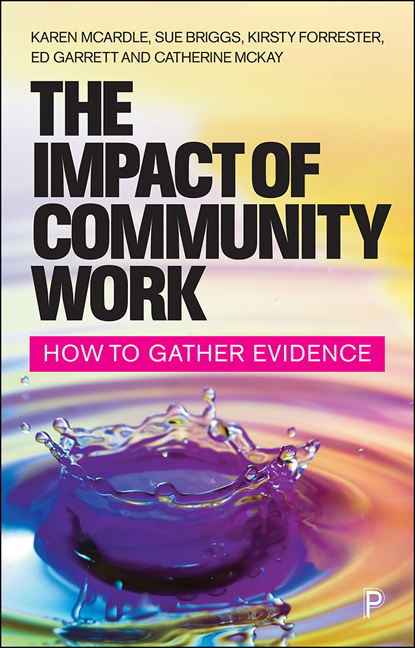15 - Knowing Ourselves: Self-Evaluation
Published online by Cambridge University Press: 10 March 2021
Summary
Introduction
Three key questions lie at the heart of self-evaluation. These are:
How are we doing?
Are we providing appropriate, accessible high-quality services/activities/opportunities?
Are we setting and achieving ambitious targets?
Are we systematically improving the quality of what we offer?
How do we know?
Are we gathering evidence to assess how we are doing?
Are we continuously measuring and evaluating the impact of the services/activities/opportunities we provide?
What are we going to do now?
Are we using the evidence we have gathered to support our strong outcomes and change those that need more development?
Are we using robust evidence to plan for future developments, so they best meet the needs of those we work with and other stakeholders?
Self-evaluation is founded on the principle that we want to characterise our work by the quality of what we do and that self-evaluation helps us to know whether this quality is, indeed, present. It is also important for keeping ourselves on track and avoiding getting lost in the paperwork of every day, at the expense of what we should be doing as our main professional purpose. It is a process of checking our quality and purpose, and leads to identifying outcomes for our community work so that we can then evaluate it.
In this chapter we focus on a systematic framework for selfevaluation that builds a baseline for reflection. This kind of framework may not exist where you work, but the principles still apply. A framework for self-evaluation provides a safety net that prevents us from falling into self-delusion. It allows us to stop and check what we do and ensure good, effective work. The backbone of effective self-evaluation is the morale of staff; it depends on morale and, indeed, increases morale. This morale increase is a product of the awareness of the community worker of what exactly is working and what can be done to improve practice. It is an affirmation of their practice.
- Type
- Chapter
- Information
- The Impact of Community WorkHow to Gather Evidence, pp. 247 - 260Publisher: Bristol University PressPrint publication year: 2020



